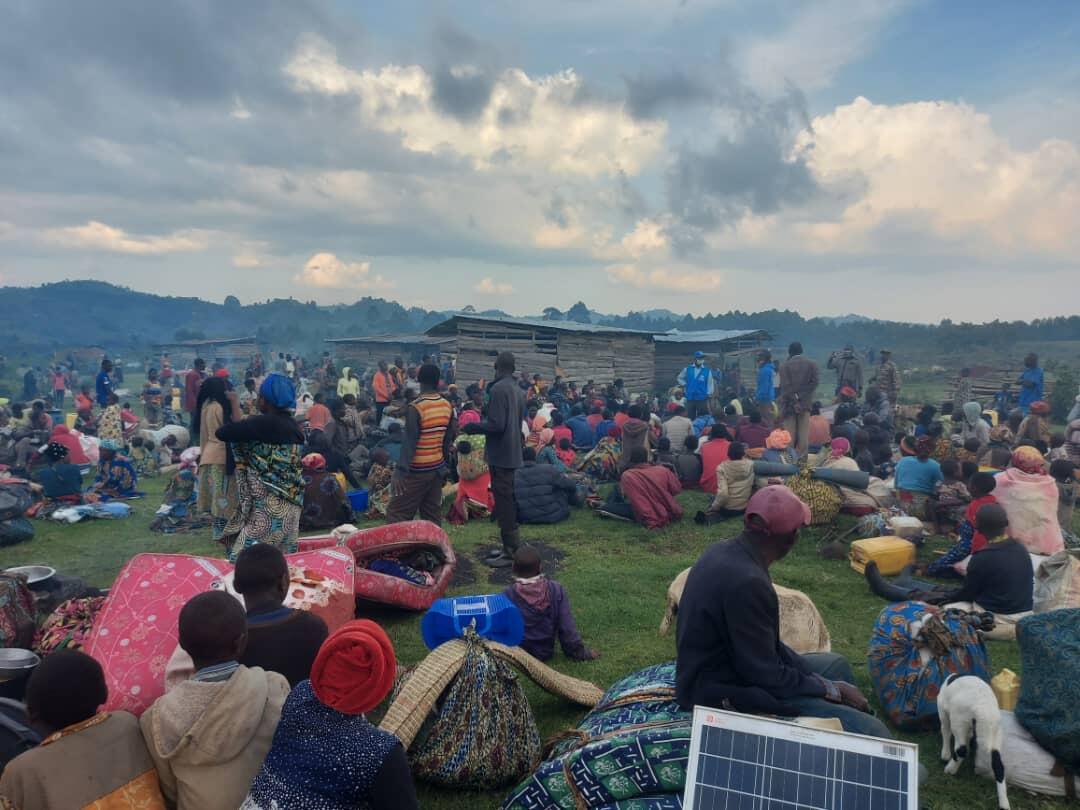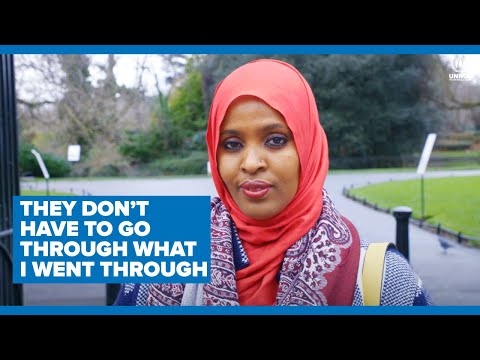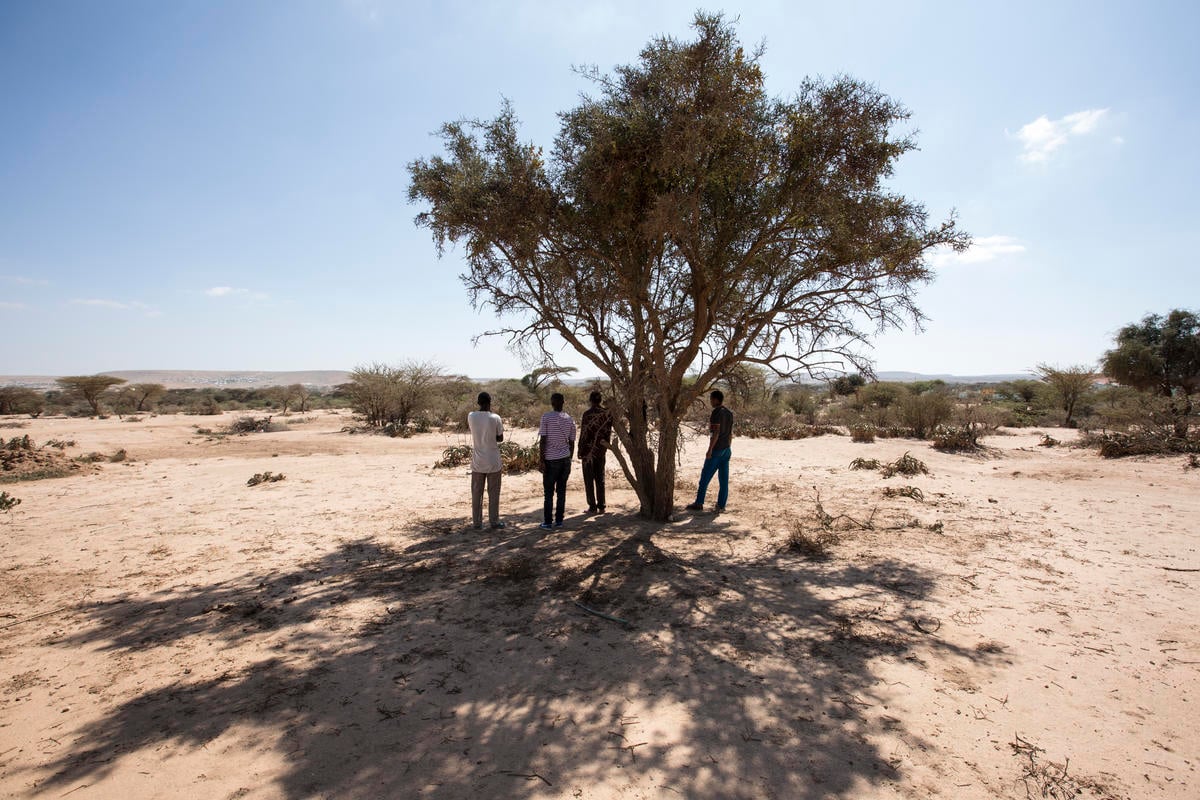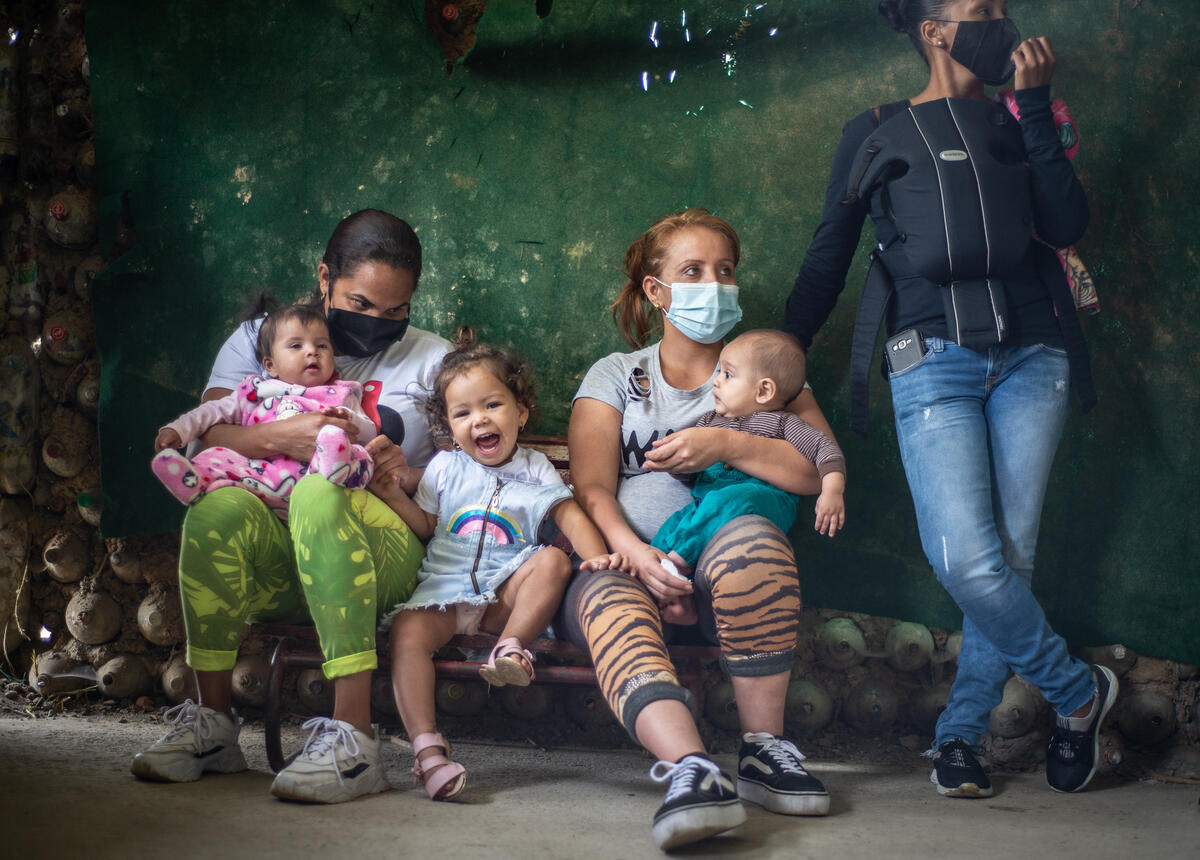UNHCR helps survivors after traffickers kill 12 in Libya
UNHCR helps survivors after traffickers kill 12 in Libya
Human traffickers in Libya reportedly killed more than a dozen people and wounded many others after a group of some 200 Eritreans, Ethiopians and Somalis, being held captive, attempted to escape. The incident happened on Wednesday, 23 May in Bani Walid, approximately 180 kilometres southeast of the capital Tripoli.
According to the survivors, people were shot while trying to escape and during attempts to recapture them. The survivors spoke of torture abuse and exploitation at the hands of traffickers - some being held in captivity for up to three years.
The local Libyan authorities have transferred 140 people who managed to escape from the traffickers to an official detention centre in Gaser Ben Gashir, 28 kilometres south of Tripoli.
In Gaser Ben Gashir, UNHCR has been distributing relief items, providing psychosocial support and undertaking protection screening to identify and register those in need of international protection. Following this, UNHCR has identified a large number of unaccompanied children among the group. We are currently identifying the most vulnerable cases in order to find appropriate solutions for them. UNHCR believes that many refugees and migrants may still be hiding or in captivity in or near Bani Walid.
This latest deadly incident demonstrates, once again, the huge challenge of providing protection to refugees in Libya, where many people fleeing war and persecution fall prey to criminal networks who exploit and abuse them or later often perish at sea while searching for safety in Europe.
UNHCR advocates for legal pathways for refugees to travel safely. We continue to call on resettlement countries and the international community to step forward, open more resettlement places and identify ways to protect vulnerable refugees in Libya, and beyond, who need international protection.
For more information on this topic, please contact:
- In Amman, Rula Amin, aminr@unhcr.org, +962 (0)790 04 58 49
- In Tunis, Paula Barrachina Esteban, barrachi@unhcr.org, + 216 20 697 641
- In Geneva, William Spindler spindler@unhcr.org, +41 79 217 3011






